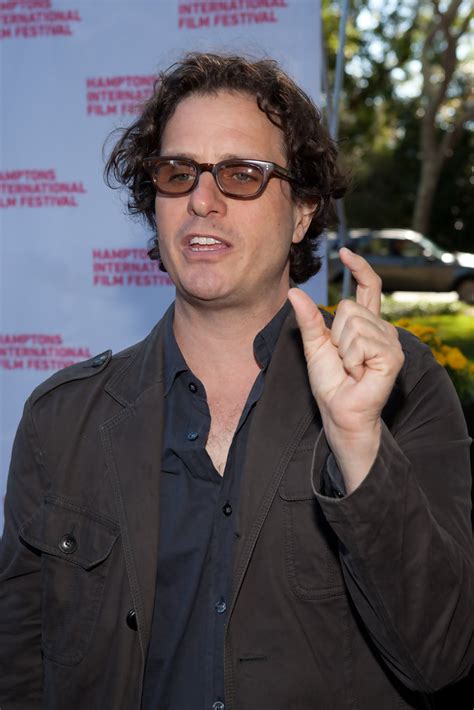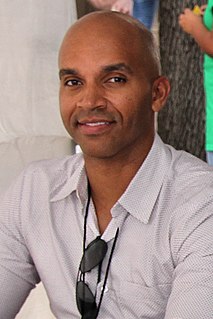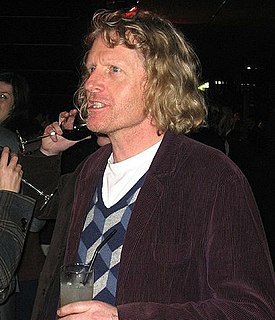A Quote by Charles Guggenheim
Look to the Classics, History, to the Arts, for there is truth. Look away from the systems, the processes, the techniques.
Related Quotes
All those formal systems, in mathematics and physics and the philosophy of science, which claim to give foundations for certain truth are surely mistaken. I am tempted to say that we do not look for truth, but for knowledge. But I dislike this form of words, for two reasons. First of all, we do look for truth, however we define it, it is what we find that is knowledge. And second, what we fail to find is not truth, but certainty; the nature of truth is exactly the knowledge that we do find.
When I look at American history and I look at what history means to me, I look at it as if it were a string of stories. And if it's told well enough and in a way that's charming and warm and with wit and humor, then it takes a bit of the edge off of it. You can still tell the truth, but if you tell it very sweetly and very warmly, it makes it go down a bit easier.
I think certain periods of history don't get dealt with because I think historians, and it's their job, but they look back and look for patterns. They look for sequences and they look for reasons, and certain periods of history don't fit with the general pattern of 1500 to the 20th century, during which there's the creation of the United States.
The thing that most haunted me that day, however...was the fact that these things had - apparently - actually occurred...For all his attention to my historical education, my father had neglected to tell me this: history's terrible moments were real. I understand now, decades later, that he could never have told me. Only history itself can convince you of such a truth. And once you've seen that truth - really seen it - you can't look away.
If you look at history, even recent history, you see that there is indeed progress. . . . Over time, the cycle is clearly, generally upwards. And it doesn't happen by laws of nature. And it doesn't happen by social laws. . . . It happens as a result of hard work by dedicated people who are willing to look at problems honestly, to look at them without illusions, and to go to work chipping away at them, with no guarantee of success — in fact, with a need for a rather high tolerance for failure along the way, and plenty of disappointments.
I think certain periods of history don't get dealt with because I think historians, and it's their job, but they look back and look for patterns. They look for sequences and they look for reasons, and certain periods of history don't fit with the general pattern of 1500 to the 20th century, during which there's the creation of the United States. At this time of 1814, two nations who would eventually become close allies were at war with each other, so it doesn't quite fit.




































